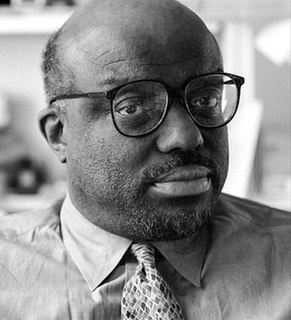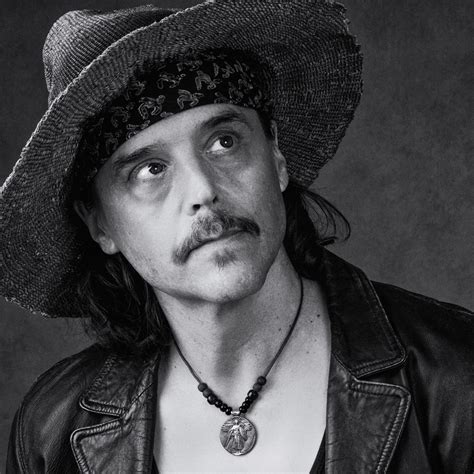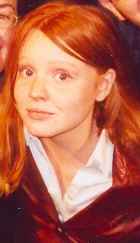A Quote by Stanley Crouch
Now the writing in the head, I definitely do every day, thinking about how I want to phrase something or how I'd like to rephrase something I've already written.
Related Quotes
As for the influence on my writing,music has definitely influenced how I write. That idea of cadence, repetition, all those elements appear throughout my writing. Drumming has definitely had a huge influence on the way I write, too. Has definitely tuned my ear to rhythm. After I've written something, I'll go through it repeatedly, carefully listening to the construction of the words, seeing, hearing how they flow.
I want each character to be as unique as possible. I want them to reflect something of who they are in the way that they move and in how their bodies work. That was foremost in my head when I was writing Salvage: I wanted every gesture, every little movement, to really carry meaning and communicate meaning to the reader. I was very conscious of that when I was writing.
You know what I was thinking about on my way home? How different my life would be if you’d made that gash a little deeper. Or how different yours would be if I’d vaulted myself off a roof nine years ago. Do you ever think about things like that? Like, if either you or I wouldn’t have made it, where would the other one be right now? It was something I thought about all the time: how death changes every remaining moment for those still living.
I had brief glimpses of emotional catharsis while writing. I remember reading something Philip Roth wrote about how he writes every single day, but it's almost as if he has amnesia every morning - he has almost zero confidence that anything will come but he just sits down and plugs away. And at the end of the day it feels like a miracle: "How did I do that?" I had a similar experience where it was just about putting in the hours and being present.
Frankly, I get much more sensitive about what's written about me than how I look in a photo. I'm so used to people seeing my image in plays and films that what they think about how I look is none of my business. If they says, "Hey, he doesn't look good," I'm like, Whatever, because I know I look different from day to day. But if you're up there putting your heart into something and people reject your performance, that's very painful. The written word can kick your ass.
Anything that we know how we do, machines will do better. Now, the key element of this phrase is, "We know how we do it." Because we do many things without knowing exactly how we do them. So this is the area where machines are vulnerable, because it still has to learn from some kind of experience. It needs something - at least the rules of the game. You have to bring in something that will help the machine to start learning. It's like square one. If there's nothing there, if you can't explain it, that's a problem.
I think humor really is the most effective way for me personally to express myself. When I see an incredible formalist painting, I respect it. I really do. I see its history and I get it. But when I pass something weird or something funny, I totally associate with it. I find myself thinking about it later that day. That's how I know something is thought provoking. That's how I know something is effective.
I want to get violence - I want schools to start from K through 12 to just every day have teachers understand that they don't want to talk about anything that is violent, and they want to explain to the children how bad violence is and how behavior - violent behavior, is something that they really should not practice and think about.
When something arrives, you have no idea what's in it, which is good. And then, it's is the story leaps off the page at you and how your character functions within it. There could be just one scene and if it's wonderful, it doesn't matter how much you're working on it because you just want to be in it. It's really about what your character's day to day world looks like, and if you feel like that's something that's complete, and that you'd like to inhabit for awhile. You'll know by a couple of scenes in. If the character grabs you, you run with it.





































